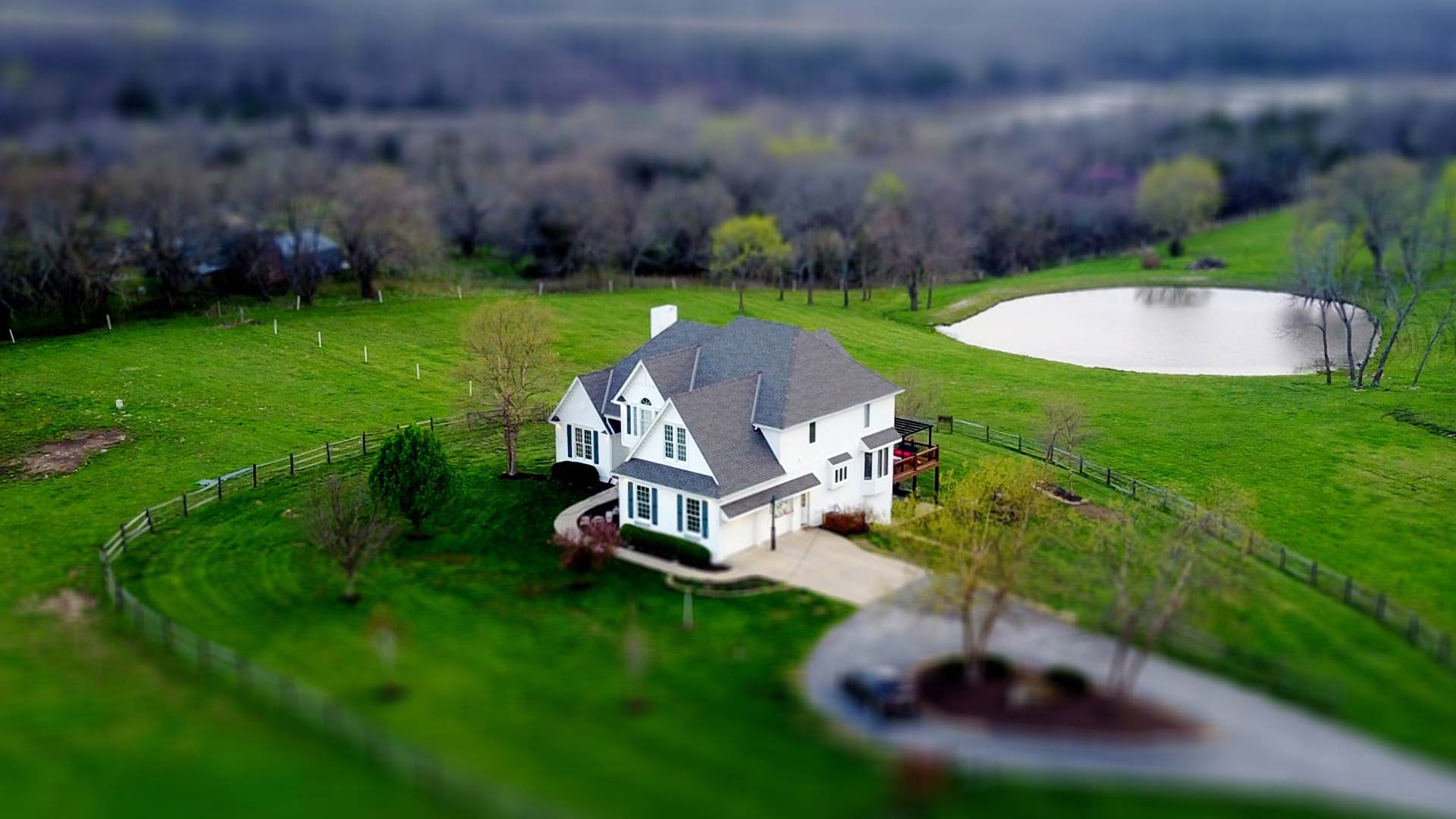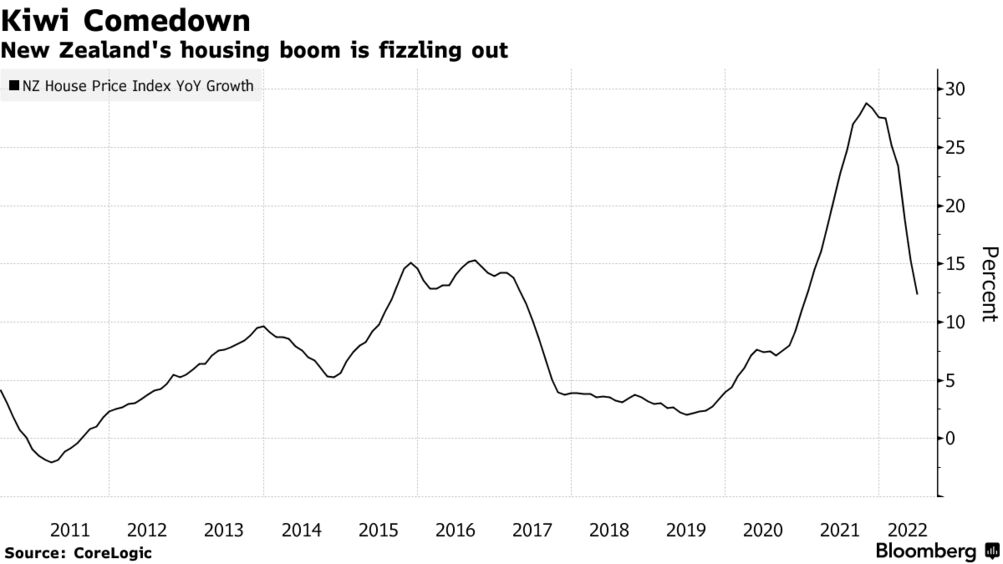Table Of Content

The average discount to achieve a sale in these regions stands at 4.3% (£19,500). Average UK house prices fell by 0.2% in the year to February 2024, according to figures published today by the Office for National Statistics (ONS). But based on data in new market reports, real estate experts expect the housing market may experience a correction, which is when home prices may experience a decline, typically after a period of growth. When there are more options for buyers to choose from, that also helps to keep prices in check. Homebuyers can save a pretty penny in these housing markets, which span the pricey West Coast to the more affordable South and Midwest regions of the country, according to a recent Realtor.com report. Many hopeful buyers are planning to wait for mortgage rates to go down before jumping into the market.
Is the housing market going to crash?
Average house prices grew by 10.3% in the year to November 2022, down from October’s figure of 12.4%, according to data from the Office for National Statistics and the Land Registry, writes Jo Thornhill. That said, the number of properties to rent nationally is still down by 38% compared with pre-pandemic levels in 2019, while the number of people enquiring about a property to rent is 53% higher than three years ago. There was also a mixed picture for house prices at a regional level around the UK. Nationwide building society’s latest house price index for February records a 1.1% year-on-year decrease in values, with prices down 0.5% month-on-month. Halifax notes that prices for flats have fallen by 0.3% over the past 12 months, while prices for terraced properties have edged up by 0.3%.
December: Falling Interest Rates Fuel Optimism For 2024
Zoopla says the variation in house price growth across the country is partly explained by the ability of first-time buyers to buy at higher mortgage rates. This group accounts for one in three sales, most of which originate from the private rental market. This means the dynamics of renting and buying (ie, which is cheaper) will impact on buyer demand and property prices. Price falls appear to be mainly concentrated in the south of England, where the impact of higher mortgage rates on pricing has been greater due to higher average property prices. In Scotland, where prices are 40% below the UK national average, annual house price growth is running at 1.6%.
Housing Market Predictions For 2024: When Will Home Prices Be Affordable Again?
Rightmove says the pandemic-driven shortage of housing stock for sale is over, with available properties now just 1% behind 2019. Prices rose marginally month-on-month – by 0.2% – in November, the third successive monthly increase. Prices usually fall in the run-up to Christmas, but this month’s drop is steeper than the 20-year average 1.5% fall in December. “Moreover, while markets are projecting that the next Bank Rate move will be down, there are still upward risks.
August: Rightmove Sees Prices Fall Due To Cost Of Borrowing
A reading of 50 or above means more builders see good conditions ahead for new construction. For the week ending April 25, the 30-year fixed mortgage rate stood at 7.17%, according to Freddie Mac. The improved economic outlook meant the bank was more confident that customers could repay their loans. Despite the cost of living crisis and higher mortgage repayments, which have weighed on borrowers, Lloyds set aside £57m for potential defaults, compared with £243m last year. House prices, which Lloyds previously expected to fall by 2.2% in 2024, are forecast to rise by 1.5% by the end of the year. Pressure from politicians and regulators to pass on interest rates to savers at the same rate they had been raising mortgage and loan charges has squeezed income for major mortgage providers such as Lloyds in recent months.

Rightmove estimated that the average number of available properties for sale per estate agency branch is now at a record low of 16. House prices fell by 0.5% in July thanks to the tapering of stamp duty relief in England and the ending of the duty holiday in Wales. While 95% mortgages are struggling to make an impact on the market, Trussle says other high LTV mortgage brackets are seeing significant demand from consumers. For example, 90% mortgages have been a popular choice for those needing higher LTV products, accounting for 10% of Trussle completions in June 2021, the highest since August last year. Trussle says there are currently 49 lenders offering 95% LTV mortgages, with the number of lenders steadily increasing since March. Its data shows that 60% of all leads for 95% mortgages were first time buyers, with ‘next time’ buyers (34%) and remortgages (6%) making up the rest.
November: Annual Price Inflation Tumbles As First Time Buyers Struggle – Halifax
The portal’s latest property index puts average asking prices across the UK at £371,158, a record high. Zoopla says the decline has likely been driven by surging mortgage rates, which rose to around 6% on some deals in September and early October. Zoopla’s analysis also revealed an uptick in the number of price reductions on individual properties, with almost 7% of homes for sale having seen their asking price reduced by at least 5%. On Thursday this week, the Bank of England will announce the latest Bank rate, which determines interest rates generally. Currently standing at 2.25%, analysts believe it might increase to 2.75% or even 3%, adding further upward pressure to mortgage rates. House price growth in the year to October tumbled to 7.2% from the 9.5% increase logged by Nationwide building society in September, writes Kevin Pratt.
Rapidly falling rates could create a surge of demand that wipes away any inventory gains, causing home prices to rebound. Property prices fell in June for the first time since January, suggesting the UK housing market may be reacting to changes in the UK’s land tax regimes. UK monthly property transactions fell dramatically in July 2021, with seasonally adjusted transactions for July standing at 73,740, a 62.8% drop compared with the figure reported in June, according to the latest data from HMRC.
Housing Market Forecast for 2024
Is The Housing Market Going To Crash? - Bankrate.com
Is The Housing Market Going To Crash?.
Posted: Sun, 21 Apr 2024 07:00:00 GMT [source]
This also indicates greater realism on price from sellers to achieve a sale and perhaps points to buyers believing mortgage rates have peaked. Asking prices rose £4,571, on average, in real terms, taking average house prices up to £359,748, although prices are still 0.7% lower than in January 2023. The capital also has the lowest annual price inflation, with average values falling by 4.8% in the 12 months to December. London continues to have the highest average house price across all of the regions, at £536,996. Prices in the capital have increased by 1.5%, which is the first annual growth seen since January 2023.
The government’s furlough scheme, which protected millions of jobs during this period, is to close on 30 September. According to the ONS, workers in tourist hotspots earn less on average than people who live there. As an example, it referred to residents in the Cotswolds in April 2020 who earned nearly 29% more than people who were employed in the area. The total value of housing in London stood at £2.4 trillion in 2021 making it the most valuable region.
Plus, home prices here have historically been close to the average U.S. home price. But like other metros on the list, its prices shot up over the past couple of years, up about 33% since the start of the pandemic. Home prices are still up almost 8% year over year, but price reductions are abundant, rising about 257% in September compared with last year. Though there are plenty of would-be homebuyers eager to take advantage of a full housing market bubble burst, even incrementally lower home prices are unlikely to materialize in 2024. The unprecedented, dizzying home price growth we saw throughout the pandemic left many would-be buyers priced out of the market, wondering if they'll ever get priced back in. Prices will increase only 0.5% in 2024 and 2025, the mortgage giant said Thursday.
“Households are beginning to feel the effect of inflation, higher energy bills and the soaring cost of living, and so are cutting back on day-to-day essentials. Therefore, it is absurd to think that the housing market will continue to defy this trend for much longer. This month, along with the publication of its regular house price index, Nationwide conducted a survey of around 3,000 consumers which revealed that 38% were either in the process of moving or considering a house move. “With the rising cost of living not looking to dissipate any time soon, the fact this is also likely to result in further interest rate rises is something of a double whammy.
Around the regions, average property prices in the West Midlands performed best by bucking December’s decline and recording a rise of 1.6% during the month. The property portal said annual house price growth stood at 7.1% for the 12 months to November, making the average home worth £240,8000. It estimated around a fifth of the UK’s private housing stock increased by more than £35,000 over the past year. “Even if wider economic conditions remain resilient, higher interest rates are likely to exert a cooling influence. Indeed, house price growth has outpaced income growth by a significant margin over the past 18 months and, as a result, housing affordability is already less favourable than before the pandemic struck.

No comments:
Post a Comment